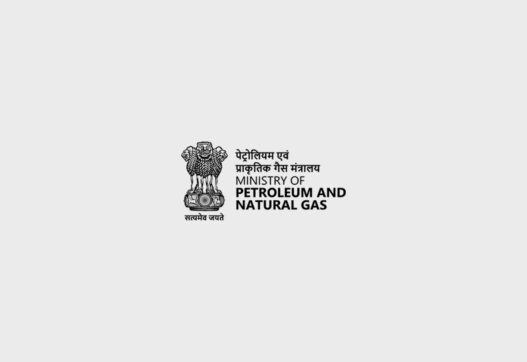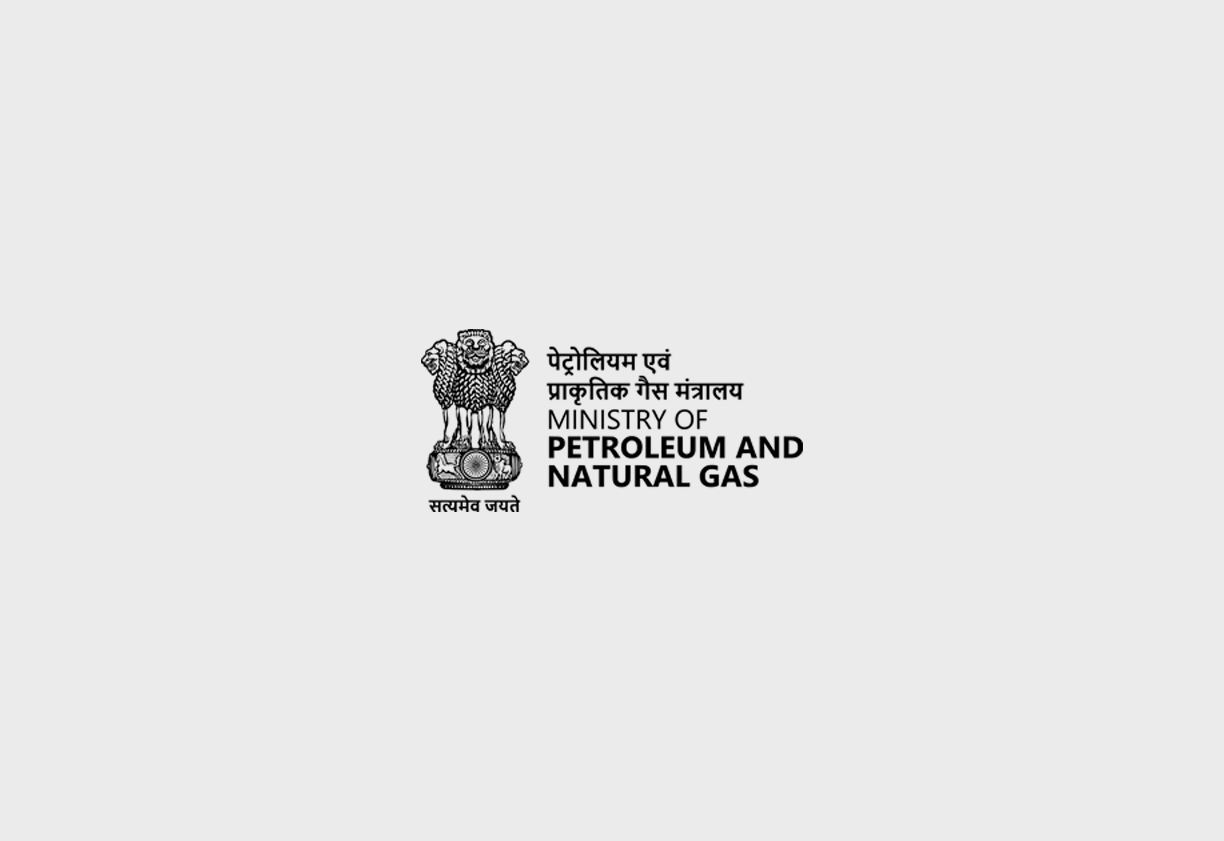Ministry of Petroleum and Natural Gas
The Petroleum Act, 1934, was enacted to consolidate and amend the law relating to the import, transport, storage, production, refining, and blending of petroleum. This act aims to regulate the handling of petroleum and prevent accidents and hazards associated with it. While the Act does not specify a particular ministry, it falls under the purview of the Ministry of Petroleum and Natural Gas in India.
Enactment Date, Number of Chapters, Number of Sections:
The Petroleum Act, 1934, was enacted on September 6, 1934. The Act is structured into 4 chapters and 32 sections, along with a schedule. These sections cover various aspects of petroleum regulation, including control over petroleum, testing of petroleum, penalties and procedures, and supplemental provisions.
Act Governed By:
The Act is primarily governed by the provisions outlined within its sections. It establishes the framework for the import, transport, storage, production, refining, and blending of petroleum. The Act also outlines the powers of the Central Government to make rules, authorize officers, and regulate activities related to petroleum.
On Whom It Is Applicable:
The Petroleum Act, 1934, is applicable to all individuals and entities involved in the import, transport, storage, production, refining, and blending of petroleum in India. This includes petroleum companies, transporters, storage facilities, and any other person handling petroleum.
Penalties/Punishments:
The Act prescribes penalties for non-compliance with its provisions and the rules made thereunder. These include:
-
Simple imprisonment for a term which may extend to one month, or with a fine which may extend to one thousand rupees, or with both, for contravening rules related to import, transport, storage, production, refining, or blending of petroleum.
-
Simple imprisonment for a term which may extend to three months, or with a fine which may extend to five thousand rupees, or with both, for subsequent offenses.
-
Confiscation of petroleum and receptacles in case of certain offenses.
-
Other penalties as may be prescribed by rules made under the Act.
Important Pointers:
-
The Act defines “petroleum” and classifies it into different categories based on flash-point.
-
It regulates the import, transport, and storage of petroleum, requiring licenses for these activities.
-
The Act empowers the Central Government to make rules for the production, refining, and blending of petroleum.
-
It mandates warning labels on receptacles containing petroleum Class A.
-
The Act provides exemptions for small quantities of petroleum and for motor conveyances and stationary engines.
-
It outlines the procedure for testing petroleum and the certification of test apparatus.
-
The Act establishes penalties for offenses, including confiscation of petroleum and receptacles.
-
It empowers officers to enter and search places where petroleum is handled.
-
The Act emphasizes the importance of safety in the handling of petroleum.
-
The Act has been amended over time to adapt to changing needs and circumstances.
Act Copy:




